#AutoImports
At Least for Cars, Preliminary U.S.-Japan Trade Deal Keeps the Status Quo
There’s good news if you’re a U.S. farmer, however. A preliminary deal reached between the two countries this week would keep existing auto tariffs in place, though President Donald Trump claims there’s still the possibility of a hike.
It was the threat of import tariffs that brought Japan to the table following the U.S.’s 2017 pullout of the Trans-Pacific Partnership, and the agreement in principle announced this week keeps new tariffs off the table, though auto groups continue demanding action on an issue Lee Iacocca used to rail about: reciprocity.
Can't Get No Tariff Relief: Tesla, GM, Nissan, FCA, Uber Appeals Denied
Large U.S. companies hoping to side-step the 25 percent tariff on Chinese goods by appealing to the government aren’t having much luck. Since July, the U.S. has imposed the tariff on billions of dollars worth of goods from the People’s Republic, leading to financial fallout for automakers heavily invested in the region.
And it seems no one complained more than General Motors. Tesla, Nissan, Fiat Chrysler, and Uber also sent in official gripes in the hopes of receiving an exemption, only to have the door hit them on the way out.
Don't Think We Won't Fire Back, EU Warns U.S. After White House Receives Key Auto Import Report
The showdown between the European Union and United States over auto tariffs reminds this viewer of Charles Bronson and Henry Fonda in Once Upon a Time in the West, and with good reason. Both players appear ready to reach for their Colt Single Action Army in a bid to do maximum damage to the other.
After the U.S. Commerce Department delivered a confidential report to the White House on Sunday, the EU is warning its trading partner that any tariffs imposed on European-built vehicles will be met with similar levies on American goods.
Trade War Watch: Trump Reportedly Delaying Auto Tariffs, Clock Still Ticking
The Trump administration was supposed to make an announcement Tuesday as to whether or not imported automobiles pose a national security risk, following discussions with trade representatives. While it wasn’t presumed that the White House would say anything truly definitive or hold a formal press conference on the issue, it was assumed that the president would take a stronger public stance either for or against an earlier proposal to raise foreign auto import tariffs to 25 percent. And it has, in a way.
According to those familiar with the matter, the White House decided to postpone any major decisions after discussing a draft Commerce Department report on the impact of auto imports with trade reps. However, the administration doesn’t have forever to make up its mind. Nor does its trading partners, which could be the point.
BMW Raising Prices on American-made SUVs in China, Willing to Absorb Some Tariff Costs
BMW says it will hike the price of two utility vehicles in China to cope with the additional cost of tariffs on U.S. car imports in the world’s biggest vehicle market. The models are the X5 and X6, both manufactured in South Carolina.
This news comes after China increased import duties on all automobiles from the United States to 40 percent earlier this month. China had previously said it would reduce its already high vehicle tariffs across the board as a sign of good faith — which it did, while simultaneously slapping new punitive tariffs on the U.S. Meanwhile, President Donald Trump has postponed prospective automotive tariffs while negotiations take place with Europe.
If you needed proof that a trade war is on and were wondering how automakers would handle it, look no further. BMW says it will have to raise the models’ Chinese MSRP by 4 percent to 7 percent. It’s a relatively modest increase considering how utterly massive the new import fees are, which indicates a willingness from the automaker to absorb some of the associated costs just to remain in the market. It’s something BMW is not alone in doing, and there could be a valuable lesson to be learned from that.
Trade War Watch: Trump's Not Letting Up on Europe's 10 Percent Solution
The past week has seen a flurry of trade trade announcements — none of them particularly promising for the United States. After a brief moment where President Donald Trump’s tariff threats seemed to have a positive impact on the European Union, Germany threw new support behind China as the People’s Republic issued a stunningly large 40-percent retaliatory tax on vehicles imported from America.
While Europe and the U.S. still might work out a zero tariff deal on automobiles, the recent activity has led Trump to respond with another warning. He now claims if the region cannot engage in fair trading practices with the United States, he’ll further restrict imported cars.
Trump is Talking Tariffs Again, Takes Aim at European Cars
President Donald Trump amplified his earlier threat of a global trade war this weekend by suggesting he would impose a tax on European cars if the EU countered his proposed steel and aluminum tariffs. On Thursday, Trump called for a 25 precent import tariff for steel and a 10 percent fee on aluminum in the hopes it would bolster those industries domestically. Europe responded by threatening a tax on imported bourbon, blue jeans, and American motorcycles. Apple pie and baseball were not mentioned, but you get the idea.
European Union officials clearly wanted to send a message to the president to back down. Instead, he came back even harder in a tweet from Saturday. “If the E.U. wants to further increase their already massive tariffs and barriers on U.S. companies doing business there, we will simply apply a Tax on their Cars which freely pour into the U.S.,” he wrote. “They make it impossible for our cars (and more) to sell there. Big trade imbalance!”
Here Are All the Vehicles German Auto Brands Sell and Build In the United States
Terrible. We’re going to stop that.” – President Donald Trump
Through the first four months of 2017, Germany-based automakers and their respective subsidiary brands have sold 413,000 new vehicles in the United States.
At a minimum, 28 percent of those vehicles were built in the United States at assembly plants in Alabama, Tennessee, and South Carolina. According to Automotive News, BMW, Mercedes-Benz, and Volkswagen combined to produce 281,519 vehicles, the bulk of which were destined for export.
But to avoid even a faint whiff of statistical manipulation, TTAC has compiled the complete U.S. sales and production picture for each of these manufacturers. We present them to you with no limited commentary.
Honda Frantically Cobbles Together a Plan to Get More SUVs Into Buyers' Hands
The skyrocketing popularity of utility vehicles in the U.S. marketplace has left Honda scrambling to catch up with the rapid change in consumer demand.
Production doesn’t turn on a dime just because more Americans want to option of transporting four kids, their stuff, and their sister’s dog. So, as it trims its sales forecast due to a car-heavy product mix, Honda has rolled out a plan to give buyers more of what they want.
It’s also prepared to use boats, if necessary.
TTAC News Round-up: New Salvo Hits Volkswagen, Korean Competition Looms, and Benz Big on Batteries
After seemingly using up its legal arsenal against Volkswagen, the U.S. is pulling its backup out of an ankle holster and taking another shot.
That, Kia and Hyundai might get a Korean competitor, Mercedes-Benz is feeling charged up, Audi is still a fuel cell fan, and Volvo wants to standardize EV recharging … after the break!
Trade War Watch 8: China Probes US Bailout
As U.S. President Barack Obama landed in Shanghai for a weeklong visit to his largest creditor, China, the news awaited him that China’s Ministry of Commerce will investigate the U.S. government’s financing and rescue plans for the American auto industry, Shanghai Daily reports.
The move is part of China’s probe into possible dumping and subsidies on U.S.-made vehicles imported to China, the ministry said. Trade officials will be looking for dumping practices and for unfair government subsidies.




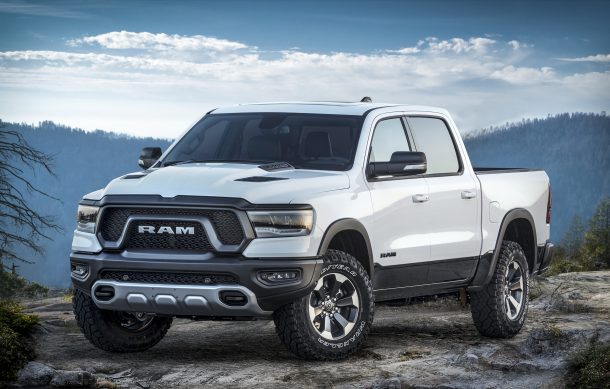
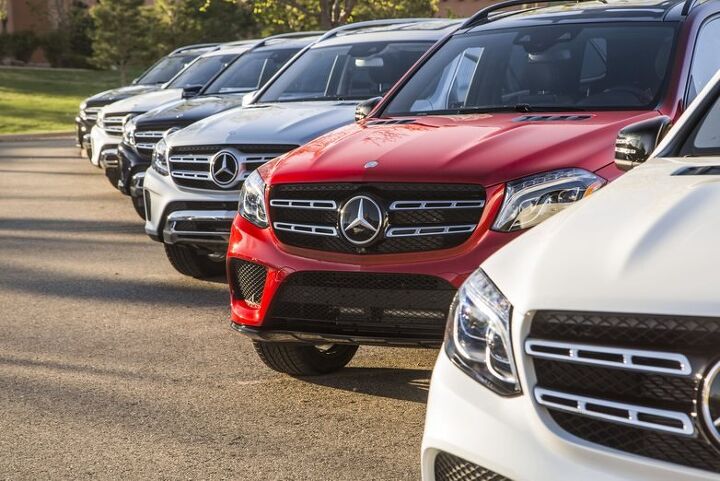
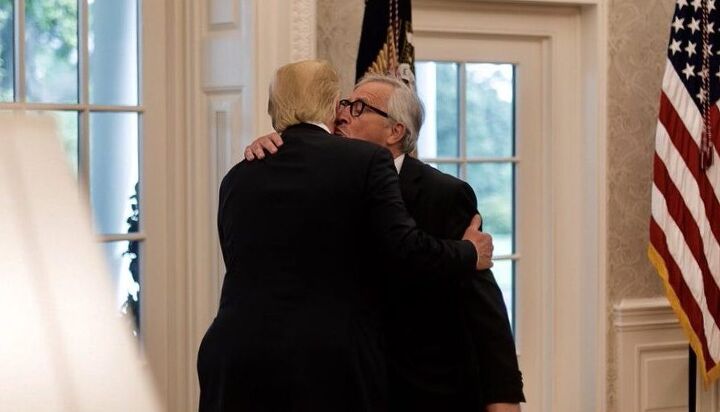

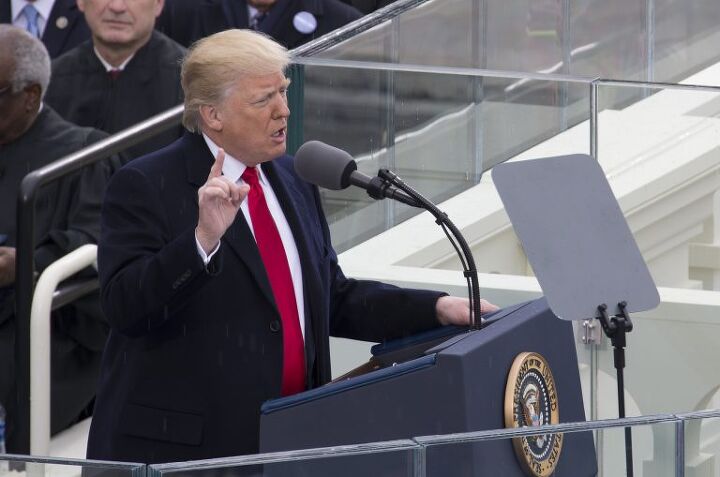
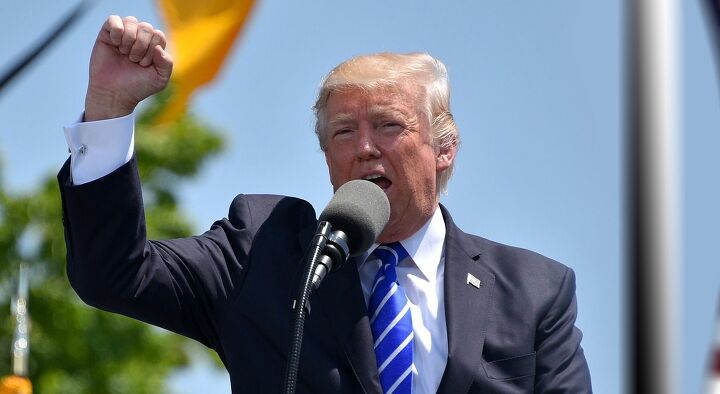
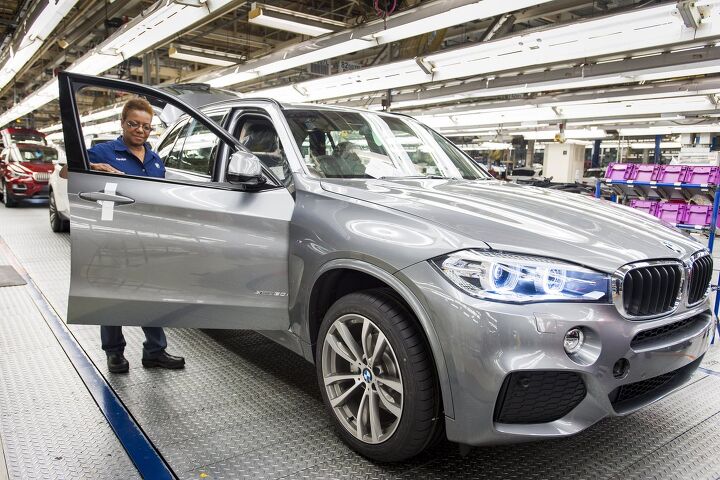


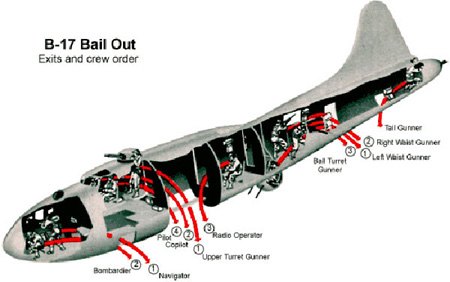












Recent Comments